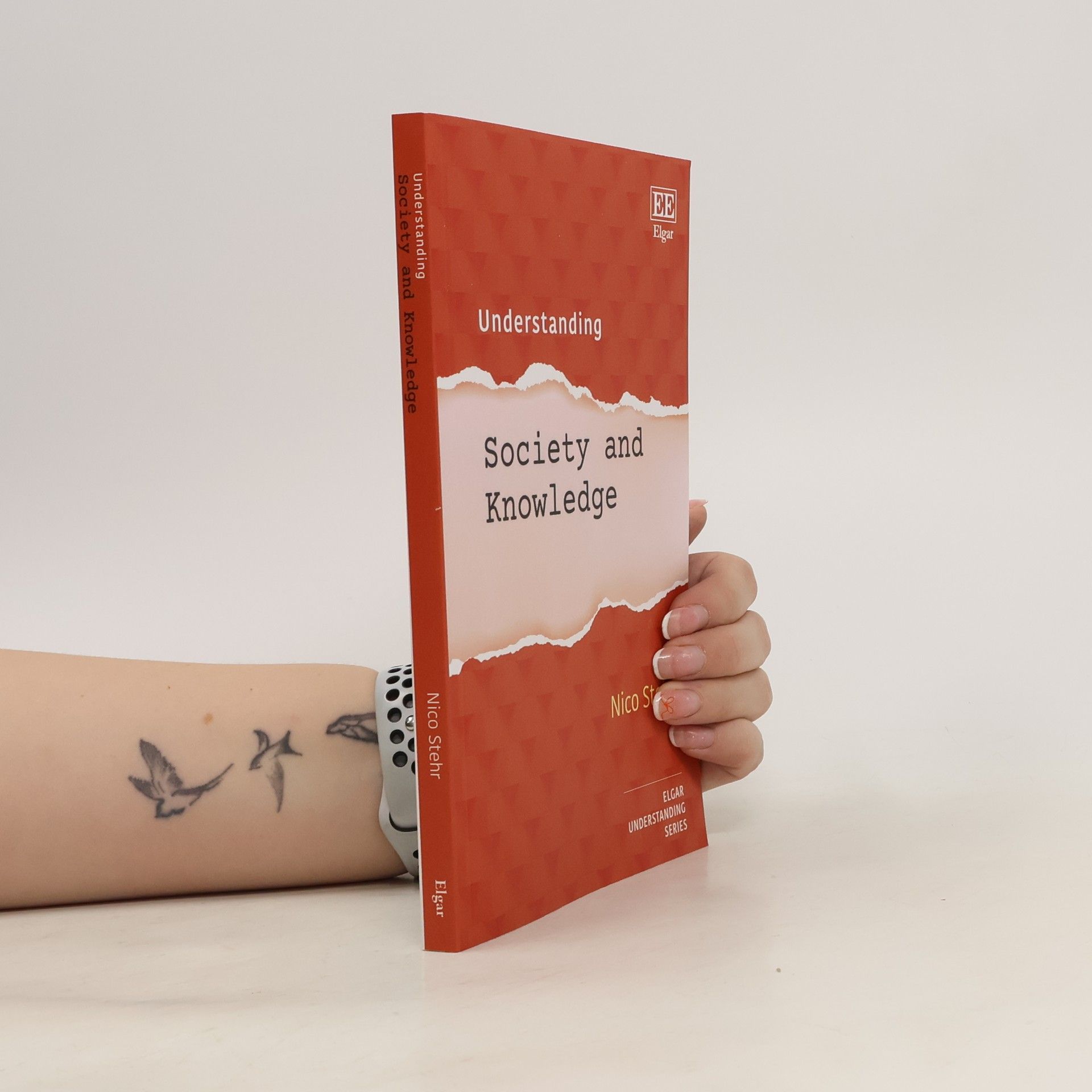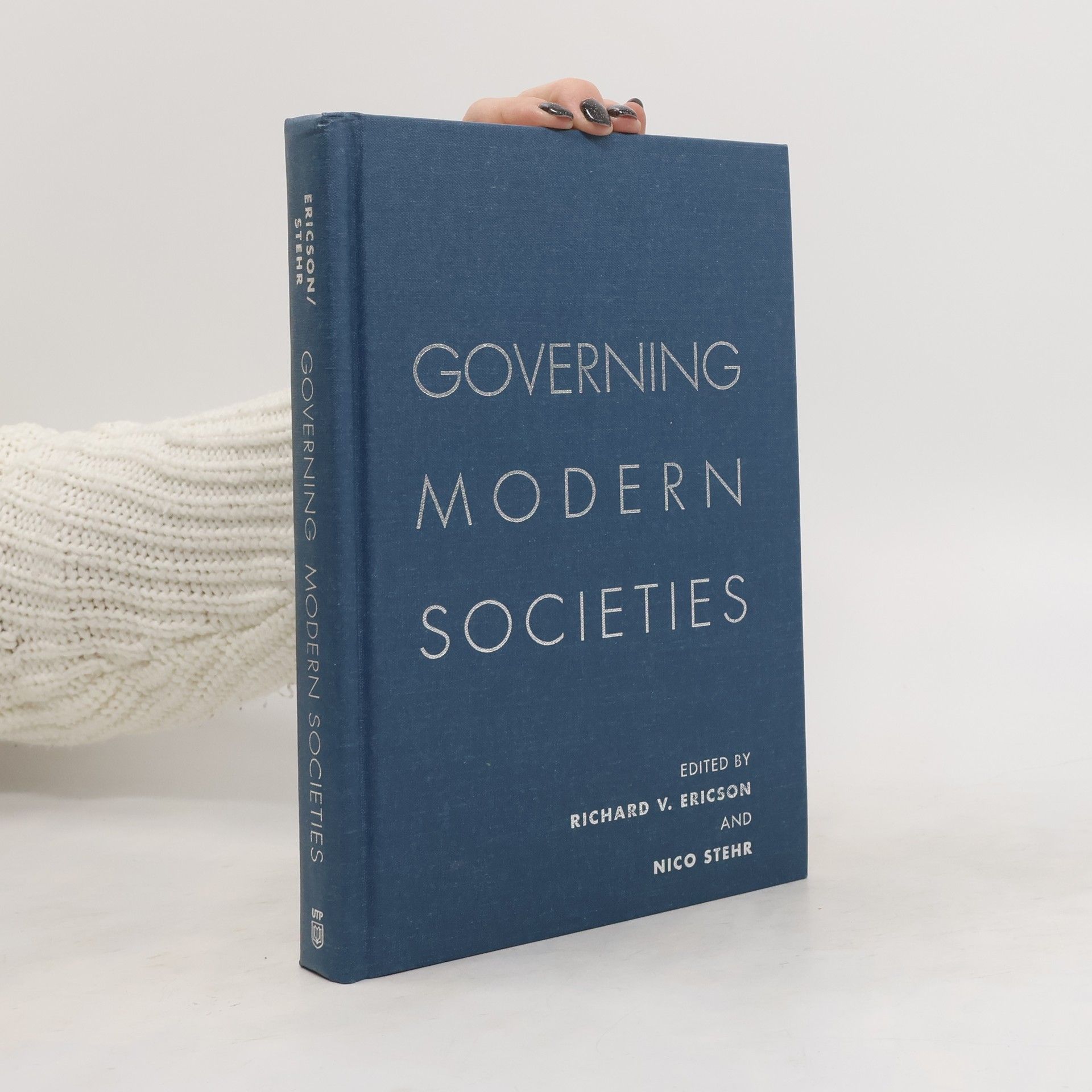Academic disciplines provide a framework for the transfer of knowledge from one generation to the next. Not only do they shape our education and understanding, they structure our professional lives. Interdisciplinarity, the reconfiguration of academic disciplines and the boundaries between them, has lately become a field of major interest to scholars and policy makers. This collection brings together the latest research and analysis from this emerging field. The editors take as their central thesis the idea that the existing matrix of disciplines is dissolving, leading to fundamental changes in the traditional order of knowledge. Contributors to the volume include specialists from Canada, Australia, Europe, and the United States who focus on the actual practice of interdisciplinarity: the ways in which it is researched, organized, and taught in institutes and universities around the world. The role of funding bodies is also considered, revealing the relationship and the delineation of disciplines and their resource bases. Together, the essays offer first-hand insights into the operations and successes of some of the world's foremost interdisciplinary research centres. In acquainting us with the current state of interdisciplinary research the volume also considers the social and economic contexts that make such research possible.
Nico Stehr Livres







The essays collected in Governing Modern Societies arose from a lecture series of the same name held at Green College, University of British Columbia, in 1997 and 1998. Distinguished scholars in political science, philosophy, sociology, and economics from Canada, the United States, England, Germany, and Australia advance not only the most recent theories of how modern societies are governed, but also the ideological and political relevance of these theories. The focus of this collection is on the extent to which the nature and practice of governance has dramatically changed. The realities of cutbacks in social security expenditures, changes in technology, shifts in labour markets, politics of identity and group rights, loss of political autonomy by nation-states, and management by surveillance and audit all underscore the evolution of governing. The fact that such shifts are also connected to new forms of governance beyond the state (at the community level, for example, within corporate institutions and through the influence of social movements and economic markets) makes the task of governing modern societies all the more challenging.
The book presents a groundbreaking theory of markets that reflects the evolving landscape of consumer behavior. It emphasizes the impact of greater knowledge, wealth, and access to information on modern consumers, suggesting that these factors significantly alter traditional market dynamics. By exploring how these changes influence purchasing decisions and market interactions, the author provides insights into the future of commerce and consumer engagement.
Knowledge Politics
- 252pages
- 9 heures de lecture
This book argues that new technologies and society's response to them have created a relatively new phenomenon, "knowledge politics." Nico Stehr describes Western society's response to a host of new technologies developed only since the 1970s, including genetic experiments, test-tube human conception, recombinant DNA, and embryonic stem cells; genetically engineered foods; neurogenetics and genetic engineering; and reproductive cloning and the reconstruction of the human ancestral genome. He looks also at the prospective fusion of nanotechnology, biotechnology, information technology, transgenic human engineering, and cognitive science whose products may, as its boosters claim, some day cure disease, slow the aging process, eliminate pollution, and generally enhance human performance. Knowledge Politics shows how human civilization has reached a new era of concern about the life-altering potentials of new technologies. Concerns about the societal consequences of an unfettered expansion of (natural) scientific knowledge are being raised more urgently and are moving to the center of disputes in society-- and thus to the top of the political agenda. Stehr explains the ramifications of knowledge politics and the approaches society could take to resolve difficult questions and conflicts over present and future scientific innovation.
Changing economic circumstances - namely, an end to the primacy of labour and property as determinants of prosperity - have created a need for a new theoretical platform: one that transcends standard economic discourse
Understanding Society and Knowledge
- 196pages
- 7 heures de lecture
Understanding Society and Knowledge proposes that knowledge, rather than nature, violence, or power, provides the basis of and driving force behind human action in modern society. It demonstrates how the legal containment of knowledge enables the transformation of the knowledge society into knowledge capitalism. Providing an overview of the history of knowledge societies, Nico Stehr analyses the concept of knowledge as well as the nature of post-industrial societies. Chapters examine the genealogy of social scientific theories of modern society; the role of knowledge as a capacity to act or as an intersubjective resource; and recent changes in the structure of the material economy. The book concludes by discussing the political challenges of the knowledge society, highlighting the ways in which discoveries in modern knowledge and subsequent political responses continue to generate controversies. This illuminating book will be an essential resource for students and scholars of economics, political science, sociology and sociological theory, as well as science and technology studies.
Knowledge Capitalism
- 392pages
- 14 heures de lecture
Exploring the intersection of knowledge and economic growth, this book delves into how information and innovation drive modern capitalism. It examines the shift from traditional manufacturing to a knowledge-based economy, highlighting the importance of intellectual assets and human capital. The author analyzes the implications for businesses, workers, and policymakers, offering insights into strategies for thriving in a rapidly evolving landscape. Through case studies and theoretical frameworks, it provides a comprehensive understanding of the dynamics shaping contemporary economic practices.
"Who Owns Knowledge? explores the emerging linkages between the extension of knowledge and the law. It anticipates that the legal system will not only be called upon to adjudicate in matters of creative minds, but will be expected to do so to an ever increasing degree." "Who Owns Knowledge? will be of interest to those interested in the subjects of intellectual property, the history and development of modern legal and economic systems and their entanglements, and how judicial systems make choices between the legal and economic systems and, especially, between the public and private good and their often opposing interests."--BOOK JACKET
Knowledge
- 312pages
- 11 heures de lecture
Talk of knowledge is ubiquitous in the modern world. Whether we talk of know-how, innovation or education, knowledge is always involved. But despite its prominence, knowledge often remains nebulous. This book explores the category of knowledge from a sociological perspective, and traces the concept of knowledge as the very fabric of modern society.



